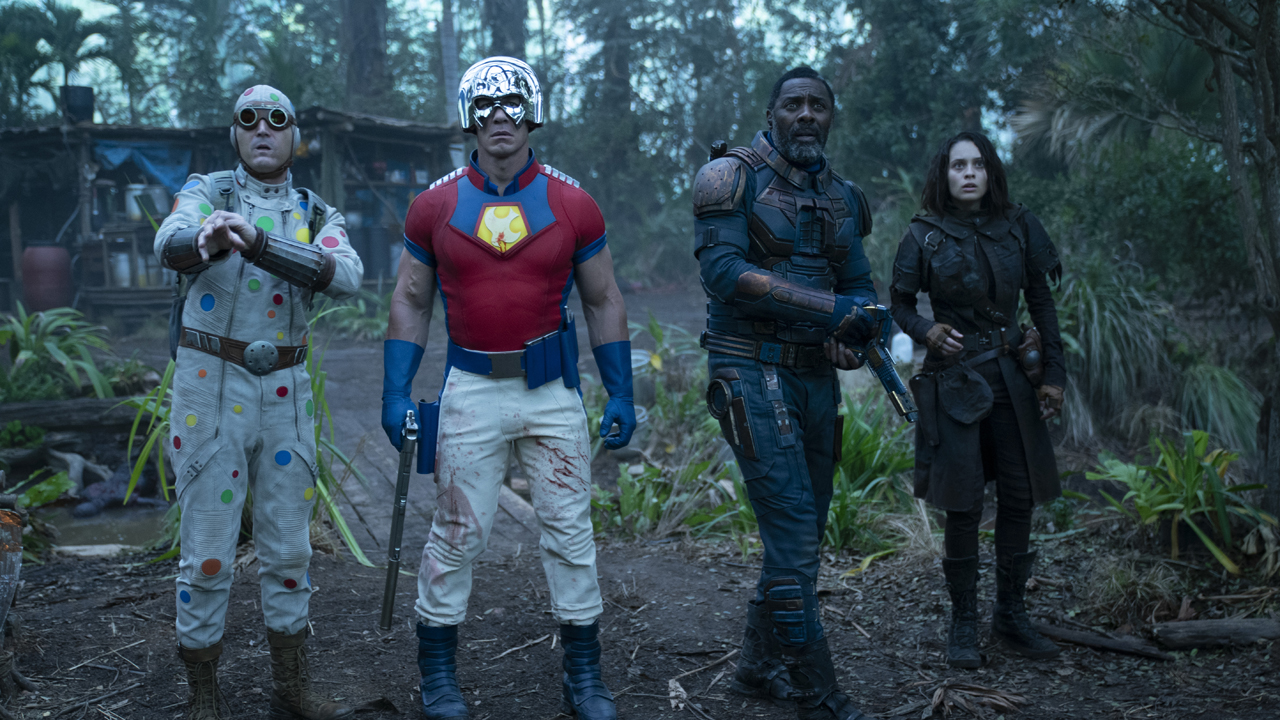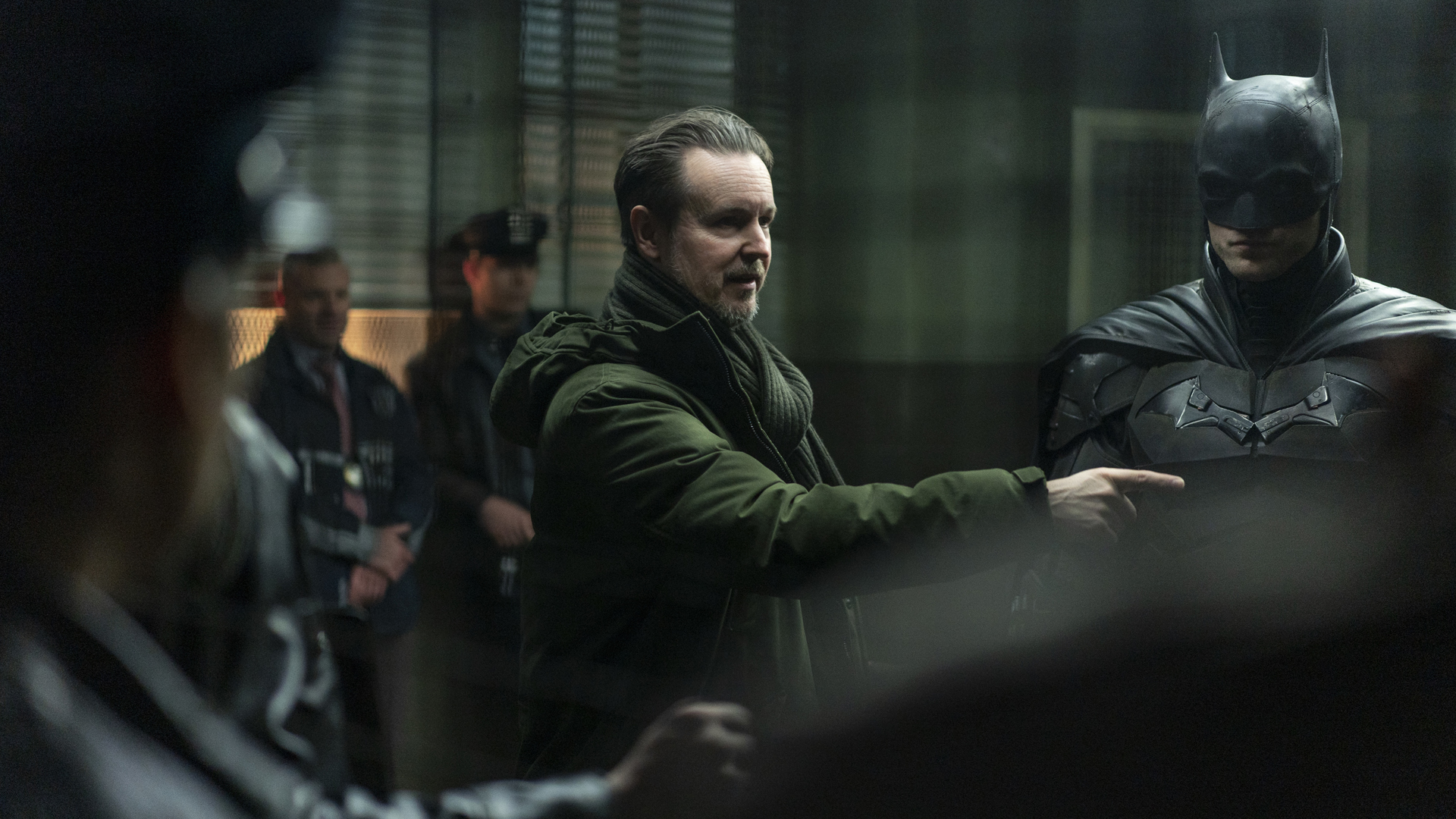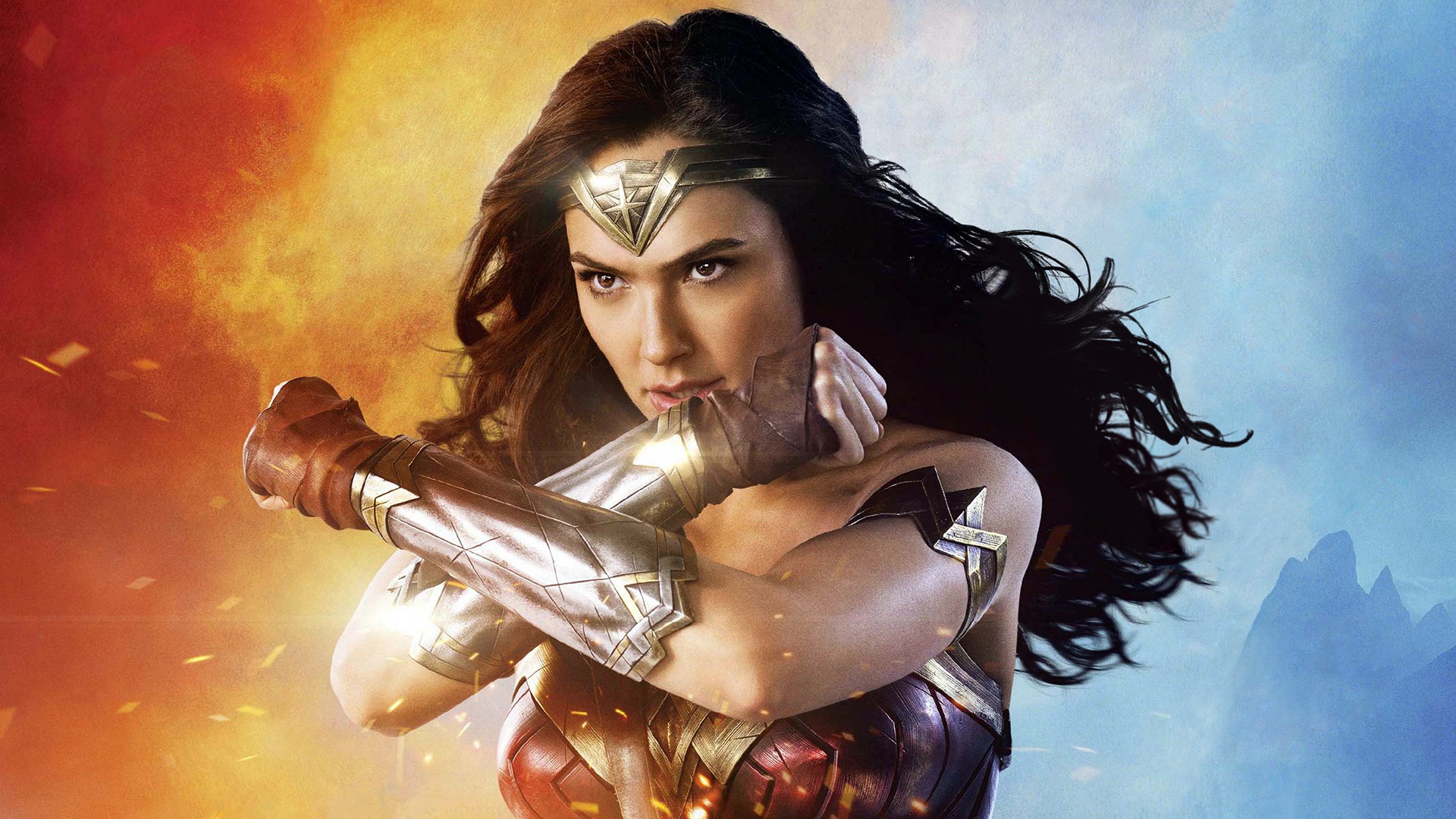The DCEU should forget about its idea for a multiverse – for now
The DC Extended Universe (DCEU) is dead. Long live the DCEU.
Well, in some new, seemingly sparkling fashion, anyway. The recent merger between Warner Bros. and Discovery – a supersized entity known as, wait for it, Warner Bros. Discovery (WBD) – has led to serious discussions about how the DCEU will operate from now on.
Now, according to a report from The Hollywood Reporter, WBD’s new blueprint for its DCEU movies and HBO Max shows is a simple one: let the DCEU’s most prominent creators lead it in a new direction.
What does that mean? Effectively, directors, writers, and actors including Matt Reeves (The Batman), James Gunn (The Suicide Squad, Peacemaker), and Dwayne ‘The Rock’ Johnson (Black Adam) building pocket-sized universes based around the DC characters who have proven to be box office megahits.
Amid numerous missteps for the DCEU in recent years, including the collapse of the Snyder-Verse and fan ire over the cancellation of the Batgirl movie, this seems like a really smart move on WBD’s part. In fact, it’s a creative decision that could signal the end of DC’s premise for a cinematic multiverse – for now.
Take Black Adam, for example. Johnson is the most marketable and profitable A-list star in the world right now. The wrestler-turned-actor’s immense box office draw and likability regularly help his movies to rack up huge figures worldwide, even if those films aren’t always critically well received. Meanwhile, in the streaming world, Johnson’s star power helped Red Notice become the most-watched original Netflix movie of all-time back in December 2020. Not even the star-studded Don’t Look Up or Russo brothers’ The Gray Man could usurp it in December 2021 and July 2022 respectively.
Regardless of how critics view Black Adam ahead of its October 21 release, then, one thing is clear: if you’re WBD, you allow Johnson to carve out his own Black Adam-specific universe. Forget about tying it to DC’s cinematic multiverse. Let the anti-hero stand on his own, superpowered feet first, make him a household name globally, and then start introducing him to the wider DCEU.

Similar approaches can be taken with other recent DC properties, too. James Gunn’s The Suicide Squad wasn’t hugely successful from a monetary standpoint. In fact, it only grossed $168.7 million globally. Against its reported $185 million budget, that’s got to be considered a box office disappointment.
However, the superhero film was hailed as by critics pre-release and earned praise from DC fans for its humor, visual flair, and R-rated action sequences. Add in the fact it had the second-biggest opening weekend of Warner Bros. movies that received day and date releases – by August 2021, anyway – on HBO Max, and The Suicide Squad was pretty successful.
Gunn’s magic touch was evident at the start of 2022 as well. Peacemaker, the John Cena-starring Suicide Squad TV spin-off, was one of the most popular series in the first few months of the year, with The Book of Boba Fett and The Witcher season 2 struggling to keep pace with it from an audience demand perspective.
Like Johnson, then, Gunn deserves to continue fleshing out a similarly small universe based around The Suicide Squad. Peacemaker is already getting a second season and, per THR’s report, Gunn is lining up a few more DC projects. Does that include a Suicide Squad sequel or another TV spin-off? Based on the success of the two productions he’s helmed, it’s in WBD’s best interests to greenlight other Gunn-led projects.

Then there’s The Batman. Matt Reeves’ first stab at a superhero property was a massive success for Warner Bros, with the film earning almost $800 million at the global box office and rave reviews from fans and critics alike.
Unsurprisingly, WBD is extremely keen to continue exploring The Batman’s neo-noir, pulp-style universe. A sequel has already been confirmed, a TV spin-off starring Colin Farrell’s Penguin is already in development, while a horror-infused Arkham Asylum project is also in the works. According to THR’s report, Reeves has also already met with writers and directors to create more movie and TV spin-offs based around the Caped Crusader’s iconic rogues gallery. Those projects could focus on villains including Scarecrow, Clayface, and even Professor Pyg.
Given the enduring popularity of Batman as a character, and the new direction Reeves has taken the brand in, it’s understandable that more projects centered around The Batman are on the way. It’s a universe that sits outside of the confines of the DCEU, too – and that’s how it should stay. Like Black Adam and The Suicide Squad, WBD should allow Reeves to create a world that’s devoid of ties to its wider cinematic universe, allowing it to remain unshackled from, and not weighed down by, other Batman and DCEU productions that have come and gone.

Unfortunately, a potential long-term plan to craft smaller, superhero-specific universes isn’t easily remediable. There are other DCEU movies coming in the next few years, such as Aquaman: The Lost Kingdom and Wonder Woman 3, that are intrinsically linked to the DCEU. Based on rumors swirling around Black Adam, too, it sounds like ties have already been forged between this movie and those set in the Snyder-Verse, which muddies the DCEU’s waters even more than they were.
Those potential problems are nothing when you bring The Flash – WBD’s most controversial forthcoming film, given events surrounding lead star Ezra Miller – into consideration. The June 2023 flick’s ties to the DCEU multiverse and previous Batman films are patently obvious. And, with a script for The Flash sequel already written, this might not be the end of the DCEU’s exploration of its multiverse.
The thing is, though, it should be. Well, for now, at least. Warner Bros. Discovery has tried to build a multiverse in the same vein of Marvel’s cinematic juggernaut, but it just hasn’t worked as intended. There’s been no clear blueprint for its creation, nor how all of its movies and TV shows effectively fit into the DCEU.
In our view, the best way for the DCEU to move forward is to do so with as few to no ties between each universe as possible. Let each creator shape their pocket-sized worlds in their image and forego the worry of having to fit each property around their contemporaries. Then, see which ones resonate with audiences most before beginning to build a multiverse where these characters can interact. Sure, it’ll be a long, methodical road to a shared DC universe. Given the alternative, though, it’s a walk that WBD should take if, finally, it wants to be able to compete with Marvel.
For more DC and MCU-based content, check out our Marvel movies in order hub. Alternatively, find out how to watch the Batman films in order, or read about the top 10 best performances in every Batman movie so far.
For all the latest Technology News Click Here
For the latest news and updates, follow us on Google News.
